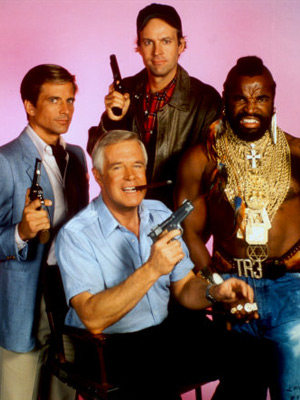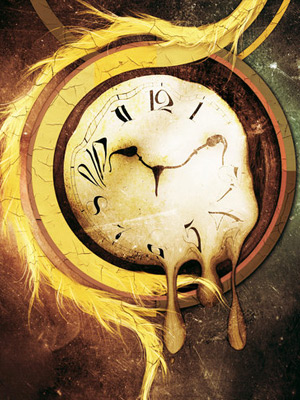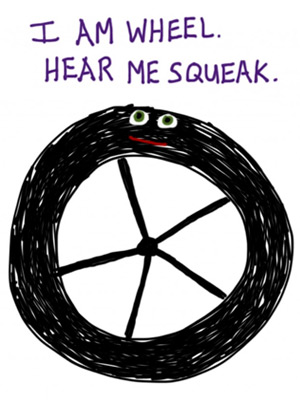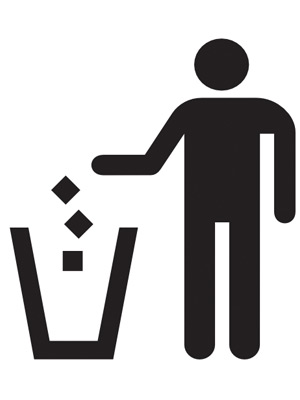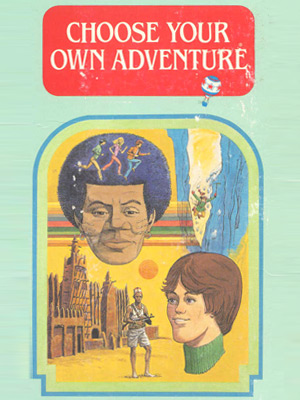 If you plan on making magic you’ll need the right ingredients. They might be as exotic as eye of newt or fluxweed but more often than not they will be things like time away from the computer and targeted inspiration.
If you plan on making magic you’ll need the right ingredients. They might be as exotic as eye of newt or fluxweed but more often than not they will be things like time away from the computer and targeted inspiration.
Consume and use the kinds of things you’re making. If you’re writing a fiction book, read novels. Baking a cake? Eat tons of different cakes. Inform your palette and make decisions about what you believe in important. You don’t need to replicate what you’ve explored but the act of exploring will give you new ideas, help you through sticking points and help you identify what you don’t want your thing to be.
And while you’re exploring, stray from the path and explore things that have no obvious connection to what you’re making. Develop new vocabulary to describe those experiences and ask yourself how they might connect to your project. The ingredients for creativity are all around us, we just need to figure out what to make.
